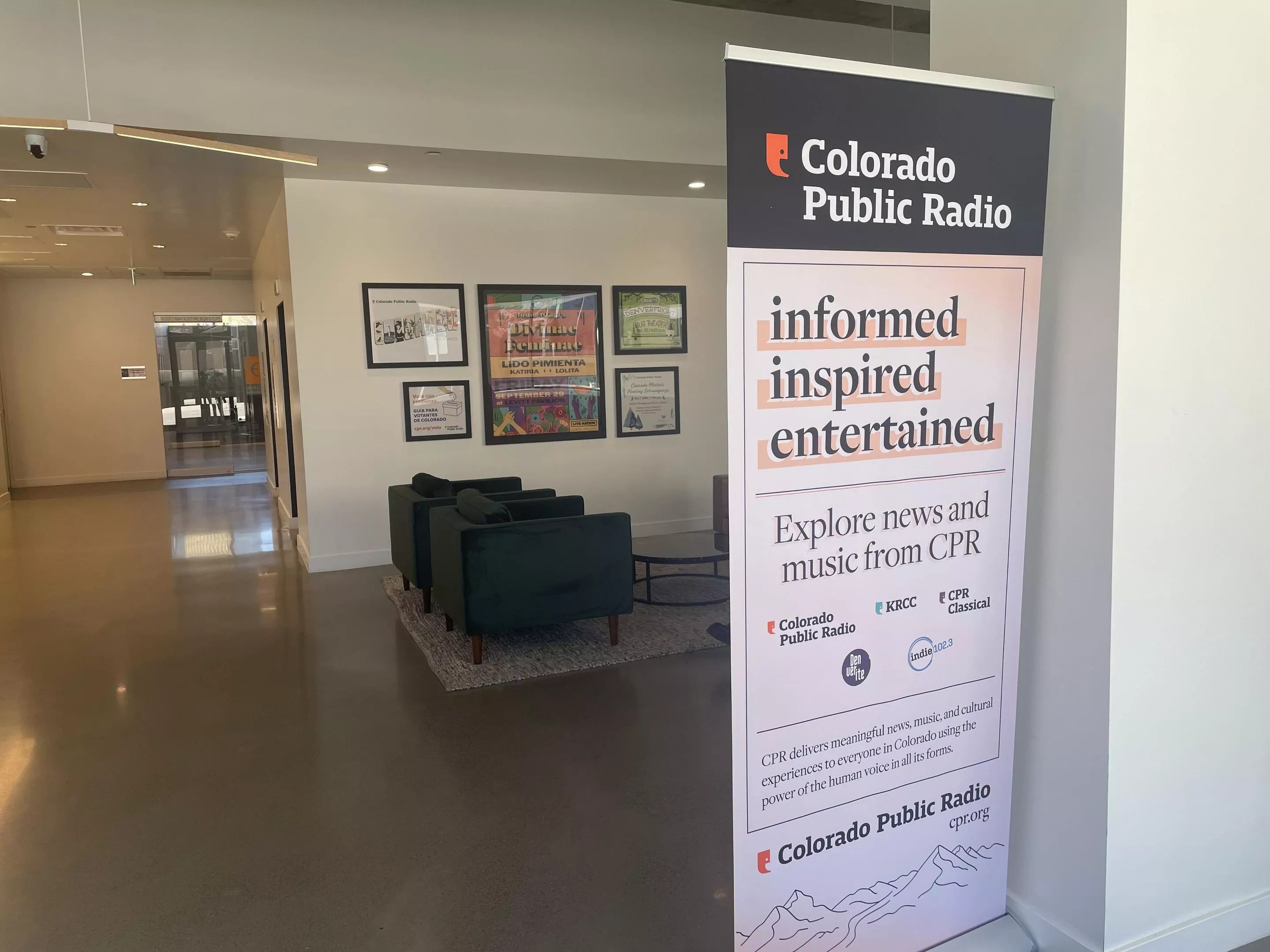
Catie Cheshire

Audio By Carbonatix
Early Friday morning, the House of Representatives voted to approve a $9 billion rescission bill passed by the Senate on Thursday that will take away funding already allocated to public radio and television.
House Democrats opposed the measure across the board, but were joined by just two Republicans, Representatives Brian Fitzpatrick of Pennsylvania and Michael R. Turner of Ohio. The vote passed, 216-213, and the package was sent to President Donald Trump to be signed into law.
Every Democrat in the Senate voted against the measure, as well, including Colorado’s two senators, John Hickenlooper and Michael Bennett. They were joined by Republican Senators Lisa Murkowski of Alaska and Susan Collins of Maine, but that wasn’t enough, either.
The rescissions package will go on to strip $7.9 billion from foreign assistance programs, as well. Amendments intended to help curb the cuts on rural and tribal stations failed.
“During floods and wildfires, radio is often the only source of information for rural and tribal communities,” Bennet says in a statement. “We’ve got to continue to speak up, and we’ve got to fight these shortsighted, partisan cuts every step of the way.”
In the public debate leading up to the cuts, even Sesame Street was wrapped up in the political debate/culture war, largely stirred by right-wing politicians and media pundits.
The Corporation for Public Broadcasting (CPB), which delivers federal money to National Public Radio (NPR), the Public Broadcasting Service (PBS) and member stations across the country, will lose $1.2 billion in funding already allocated for the next two years. However, the fallout will largely be felt by the individual member stations rather than the national parent organizations.
Many smaller local stations receive up to 50 percent of their funding from the CPB.
Hitting Colorado Media
Rocky Mountain PBS expects to lose $3 million annually, while Colorado Public Radio reports that it receives about six percent of its funding from CBP, or about $1.5 million. Radio station KRCC in Colorado Springs receives about 10 percent of its budget, or $168,000 annually, from federal funding. But other rural communities in the state are facing harsher realities, looking at losses of between 20 and 50 percent of their funding.
Rocky Mountain PBS filed amicus briefs earlier this month in a lawsuit brought by Colorado Public Radio, Aspen Public Radio, and KSUT tribal radio against the Trump Administration. The lawsuit is proceeding despite the Senate’s approval of the rescission bill.
Congress had until midnight tonight to pass the package due to a process outlined in the Congressional Budget and Impoundment Control Act of 1974.
Trump celebrated the measure’s passage on social media, calling NPR and public broadcasting “atrocious” and “where billions of dollars a year were wasted.”
In a press release early Friday morning, Rocky Mountain Public Media President and CEO Amanda Mountain says the funding cuts will be felt across the country.
“This devastating blow to our collective work here and across the country will hurt those who need us most and where there is no commercial incentive to step up and fill any gaps,” she says.
Colorado Public Radio President Stewart Vanderwilt sent out a similarly beleaguered statement accompanied by a fundraising plea. “This loss of the next two years of already approved funding puts enormous pressure on public media across Colorado and devastates years of programming plans,” Vanderwilt says. “Some smaller stations may not survive it.”
This is a developing story and will be updated.